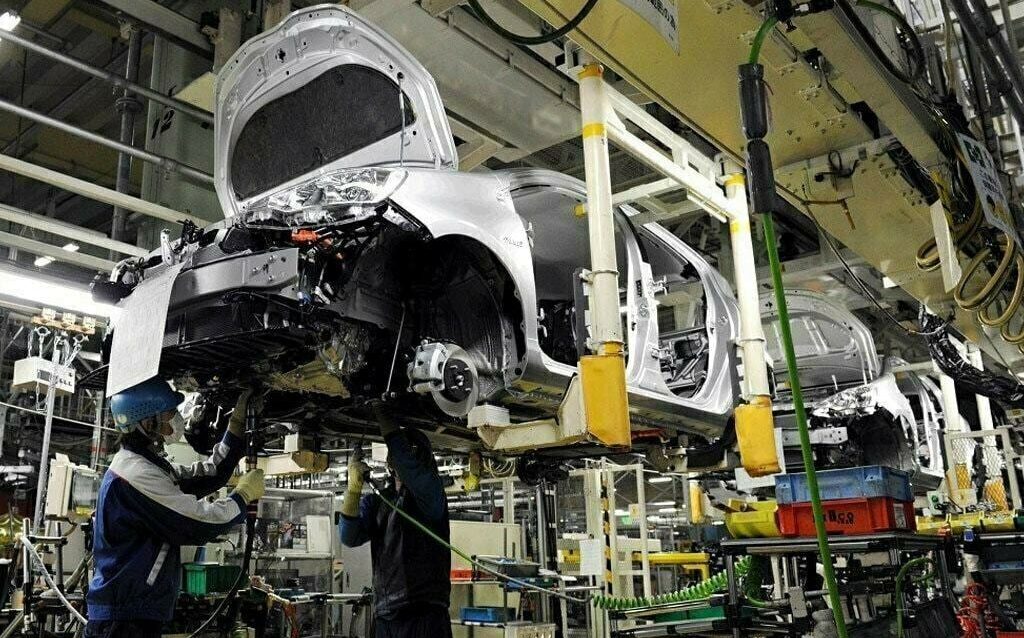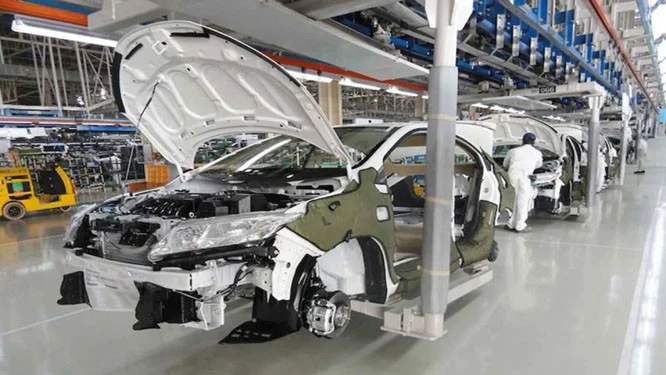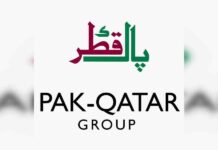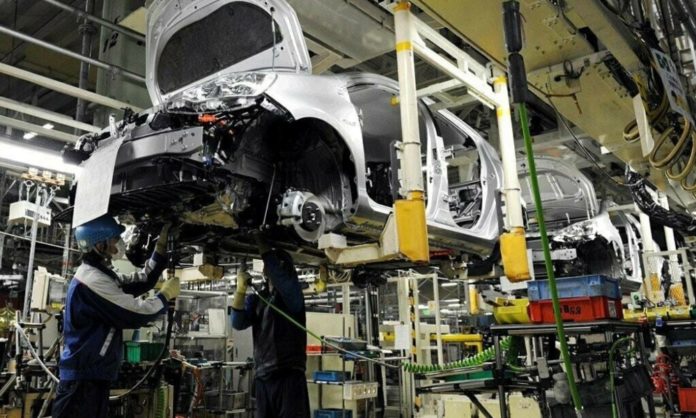The automotive industry in Pakistan has long been a vital contributor to the country’s economy, providing employment opportunities for millions of families. However, the struggling auto parts industry requires urgent attention and revitalization. In this blog post, we delve into the challenges faced by parts manufacturers, the role of the Pakistan Association of Automotive Parts and Accessories Manufacturers (PAAPAM), and proposed solutions to ensure sustainable growth.
The Struggle Of Auto Parts Manufacturers
Auto parts manufacturers play a crucial role in supporting the automobile industry. Their products are essential for vehicle assembly, maintenance, and repair. Unfortunately, this sector has faced significant challenges in recent years:

- Import Dependency: The reliance on imported auto parts has hindered the growth of local manufacturing. Imported parts often come with high costs, affecting the overall competitiveness of the industry.
- Lack of Localization: While some progress has been made in localizing production, there is still room for improvement. Achieving higher localization rates can enhance the industry’s resilience and reduce dependence on imports.
- Economic Pressures: Rising input costs, currency fluctuations, and inflation have put immense pressure on manufacturers. The need for stability and sustainable growth is more critical than ever.
PAAPAM Steps Foward For Auto Parts Industry
The Pakistan Association of Automotive Parts and Accessories Manufacturers (PAAPAM) has stepped forward to address these challenges. In its budget proposals, they emphasize the following key points:

- 10-Year EV Plan: They proposed a comprehensive 10-year plan to support the adoption of electric vehicles (EVs) alongside localization efforts. This long-term vision aims to position Pakistan as a strategic player in the global EV market.
- Shift in Import Assessment: The assessment of imported auto parts should transition from weight-based to unit-based customs tariffs. This change will encourage local production and reduce reliance on foreign imports.
- Safety First: Imported used auto parts should not be reused due to safety concerns. Prioritizing safety ensures that consumers receive high-quality components.
- Automotive Industry Development and Export Policy (AIDEP): They also advocate for a consistent policy framework that regulates all 13 vehicle assemblers. This policy should promote production, job creation, and economic growth.
- Reduced Duties and Taxes: To promote car leasing culture in Pakistan, duties and tax mark-ups should be reduced. Increased production will drive affordability and accessibility.
- Raw Material Costs: Certain duties on raw materials not available locally should be relaxed to lower production costs. This step will enhance competitiveness.
- Federal Excise Duty: Removing federal excise duty on the automobile industry will enable economies of scale and boost local production.
The Proposal Set Forth
Former chairman Mr. Syed Nabeel Hashmi highlights the importance of supporting local industries. He criticizes the import of used cars under flexible terms, emphasizing that over 90% of locally produced models have achieved significant localization. To stabilize the industry, Hashmi proposes a flat 5% sales tax on aftermarket parts production.
In conclusion, the fate of Pakistan’s auto parts industry hangs in the balance. The government’s commitment to implementing the proposals and Hashmi’s sales tax solution will determine whether this critical sector can thrive once again. As we move toward a greener future with electric vehicles, strategic planning, localization efforts, and policy consistency are essential. Let us rally behind our local manufacturers, ensuring that they not only survive but also lead the charge toward economic growth and self-reliance. Together, we can drive Pakistan’s auto parts industry toward a brighter horizon.
Stay tuned for more automotive insights like this; this is your favorite friendly neighborhood gearhead, Zayaan, Signing Off!










































